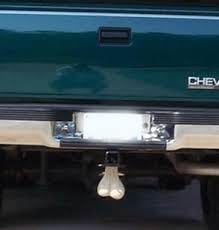Snow had finally melted. Sun was warm that early spring morning before blackflies and mosquitos made such a walk impossible. In the gravel and in the ditches, nestled into pine needles, acorns, and dried leaves, she tried not to see the takeout cups, drink cans, plastic bags and sale flyers. On the quiet road leading to the bridge over the rapids, she stopped to investigate a hefty garbage bag that bulged at sharp angles.
Every week, every house, farm, and shop in that county was allowed two full bags of garbage. Once, she brought her car laden with, among other heavy items, a microwave, a mattress, and two broken chairs to the dump, now called a transfer station, and paid eleven dollars.
The garbage bag by the side of the road contained pressboard torn from a wall, strips of grey-blue embossed paper clinging to its sodden surfaces. Someone’s discarded kitchen or a grown child’s bedroom. She was two miles from home and almost at the bridge.
When she was a child a television commercial featured a man emptying his ashtray at the side of the road. Labelled a litterbug, everyone agreed how unconscionable was his crime. In those days the world had no takeout cups, no plastic bags, and bottles came in glass.

From the driver’s window of a passing pickup truck, a red and silver Budweiser can arced into the spring air, landed, and rolled. Sun glinted off the silver testicles hanging from the truck’s trailer hitch.
The old woman would return the next day with a garbage bag and a long sharp stick. One coffee cup, one Styrofoam container, one dented can at a time.
As if hope could spring eternal.






